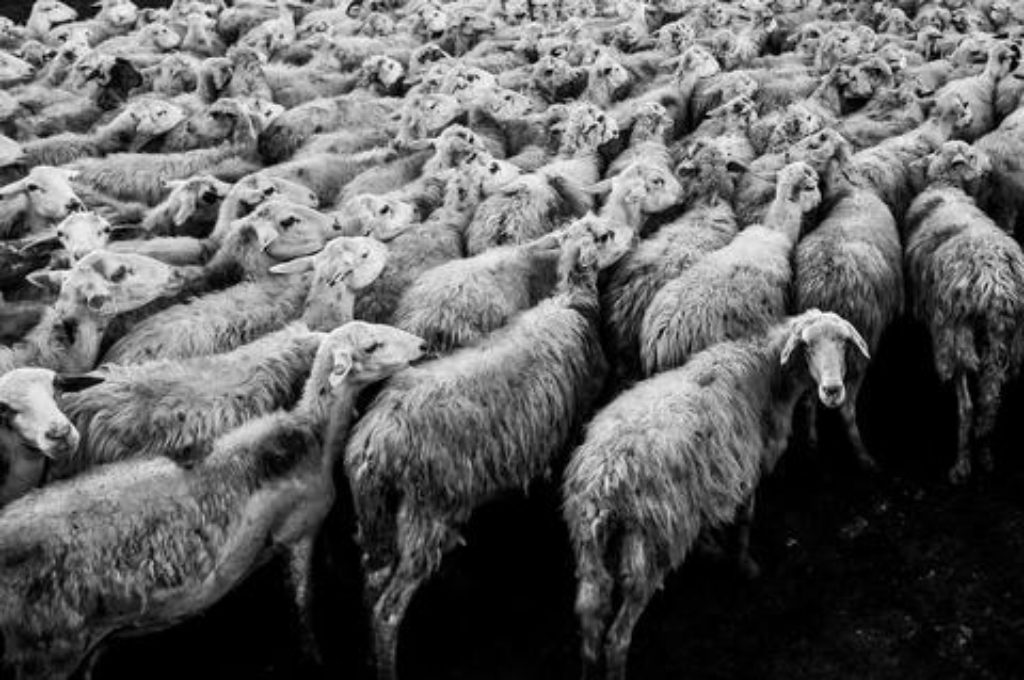Temple Grandin – the influence of her literature on animal welfare policy
Temple Grandin is a world-renowned expert on animal behaviour and welfare. Two of her CABI-published titles show how literature can be crucial for bringing about a change for the better in animal welfare. Grandin’s book on Improving Animal Welfare – in its second edition – aims to help those working with animals to apply methods to…
Plant clinic established in Cambodia – Climate-Smart Village to address crop pests
A CABI representative presents on how future plant health clinics will be conducted. Farmers can bring plant samples to the plant clinic when requesting for advice on addressing their crop problems. Photo: F. Emdin (WorldFish) The 22nd Session of the Conference of the Parties (COP) to the United Nations Framework Convention on Climate Change (UNFCC) took place…
One Health: free online course from FutureLearn features CABI authors
One Health is about connectedness: "the collaborative efforts of multiple disciplines working locally, nationally, and globally to attain optimal health for people, animals, plants and our environment”. On One Health Day, November 3rd 2016, CABI's editors held a One Health (#OneHealth) Blogathon to focus attention, contributing a total of 6 blogs to Handpicked… and Carefully Sorted, each…
The Global Action Plan for Agricultural Diversification and its contribution to Zero Hunger
Over 7 billion people currently depend on just four major crops to supply more than three-quarters of their food intake. By 2050, the global population is set to reach 9 billion. The world is already experiencing the implications of temperature increase and its impact on food supply. It is becoming increasingly accepted that, given warmer…
How soil health is integral to One Health
One of a series of blogs written by CABI editors for One Health (#OneHealth) Day on November 3rd 2016 "It is difficult to rate the importance of the different soil functions, since all are vital to our well-being to some extent. However, the function of supporting food and agriculture worldwide is fundamental for the preservation and advancement of…
Excessive use of antimicrobials in intensive livestock farming as One Health issue
Most antibiotics in livestock farming are used in aquaculture, but significant amounts are also used in terrestrial livestock species, particularly in poultry and pigs. Approximately 70% of antibiotics are used for non-therapeutic purposes, i.e. many antibiotics are used in sub-therapeutic doses and over prolonged periods, which leads to the development of genes that confer antimicrobial resistance to animal pathogens. These genes can subsequently be transferred to human pathogens and it is estimated that 75% of recently emerging diseases in humans are of animal origin. Antimicrobial resistance (AMR) problems are further exacerbated by the fact that antibiotic resistance genes were found in bacteria long before antibiotics were ever used on super-pathogens in farm animals. AMR is a worldwide problem, which clearly affects both animal and human health, and hence it is truly One Health issue.
Mobile Technology For Development – A Local Call?
Mobile technology has great promise for assisting agricultural development, but only if the information provided is tailored to local needs. This was a key conclusion from a workshop held at the Centre for Development Informatics at the University of Manchester. CABI and the University of Manchester were the joint organisers of the workshop "Mobile Technology…
Rural women – our hope for a more sustainable planet
Enhancing agricultural and rural development – and achieving the 2030 sustainable development goals (SDGs) – largely depends on empowering rural women who make up over a quarter of the total world population. This demographic plays such a critical role in global health and food security that every year since 2008, the United Nations (UN) has…
Open-access Knowledge Bank tackles malnutrition
Adequate nutrition, particularly in the first 1,000 days of life, is critical to both physical and mental development and long-term health. However, 15% of babies are born with a low birth weight[i] and 1 out of 3 people in the developing world suffer from a micronutrient deficiency; both important indicators of malnutrition. Poor access to…



